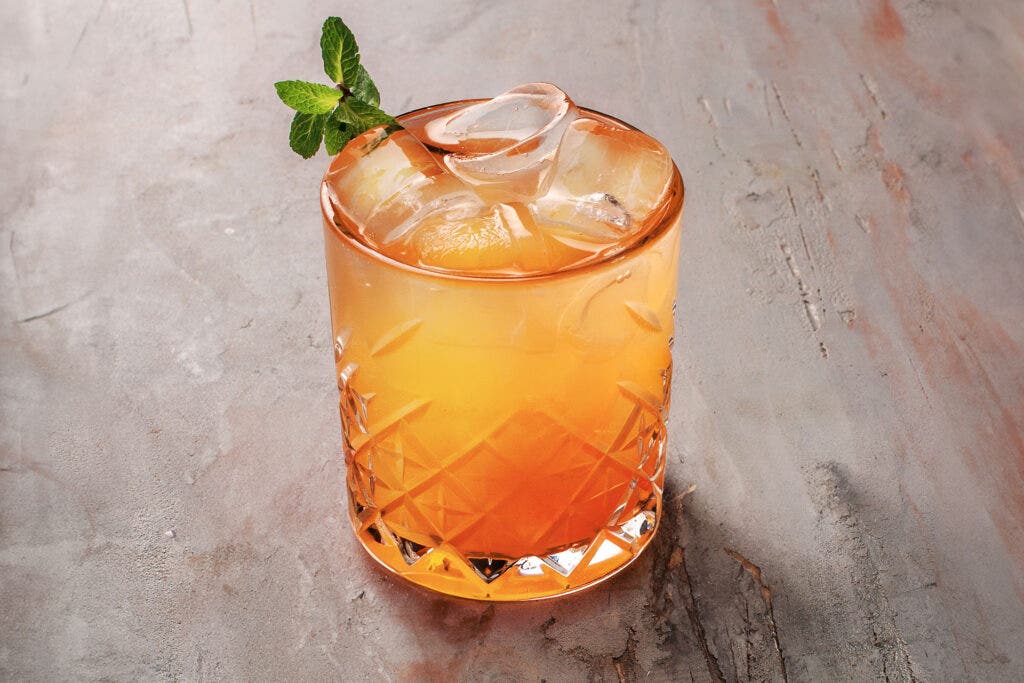“African Americans have a peculiar relationship with spirits and spirited drinks,” says Toni Tipton-Martin, the James Beard award-winning author and editor-in-chief for Cook’s Country. Late last year, Tipton-Martin published a cocktail-focused cookbook and story collection titled Juke Joints, Jazz Clubs & Juice: A Cocktail Recipe Book, which details the contributions of Black Americans to the cocktail canon.
“We participated up to a point and then every reference to cocktail-making disappears from Black cookbooks,” she explains. “The way I measured what was influential was based on the limited number of recipes that persist today.”
These drinks remain a vibrant cornerstone of modern American drinks culture and continue to be mixed and remixed. Some have spawned variations that have taken on lives of their own. And yet, imbibers largely remain ignorant to these drinks’ heritage—something Tipton-Martin’s book seeks to rectify.
After all, to more fully understand a libation’s history is to better enjoy it. Chances are, you’ve already sipped your way through more than a few of the following, which represent just a fraction of Black America’s contributions to mainstream drinking culture.
Getty Images Planter’s Punch
Rum-based drinks were a mainstay of the plantation South and remain popular today. Rum, of course, has a complicated and tragic history—its origins are intrinsically tied to the sugar trade and the physical brutality of plantation slavery. In Juke Joints, Jazz Clubs & Juice, Tipton-Martin doesn’t dive too deeply into these drinks’ history, she says, because too much of the preserved record reflects the
This Article was originally published on Wine Enthusiast







